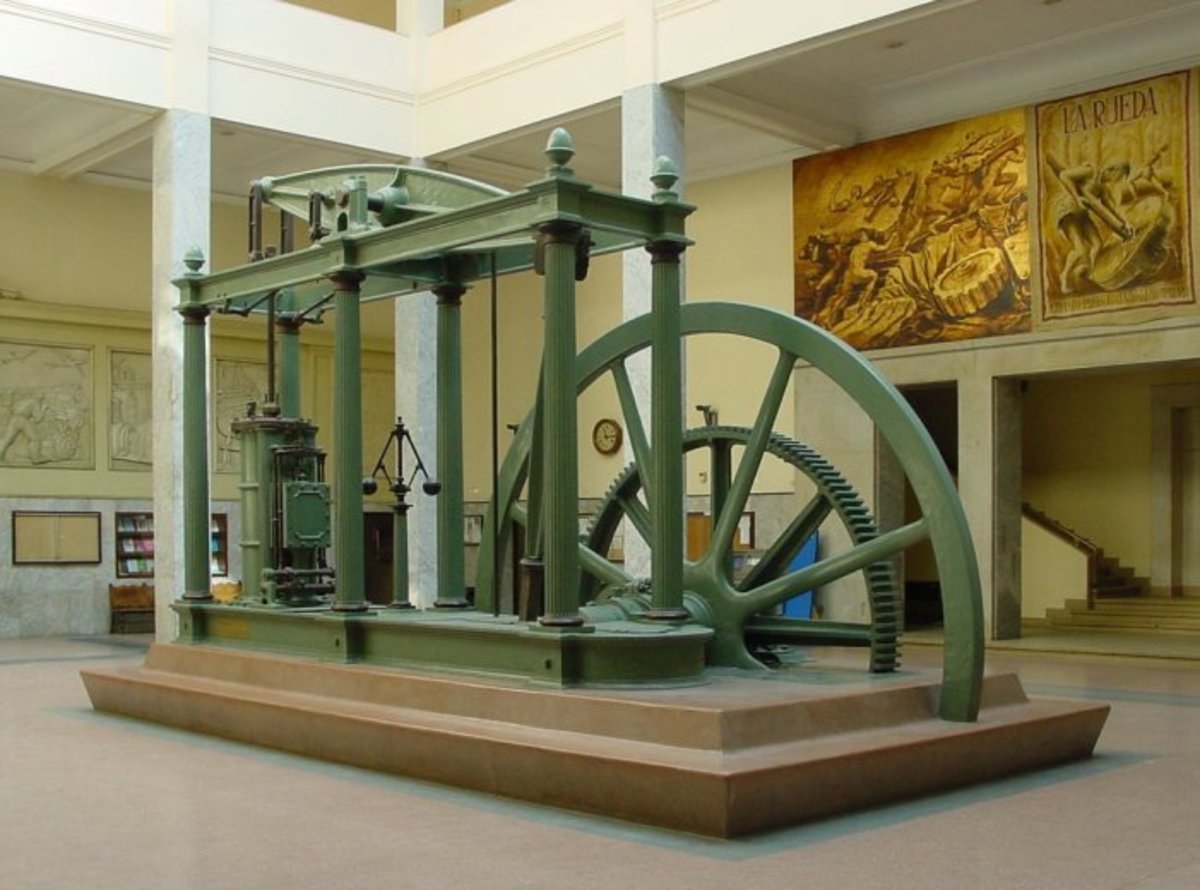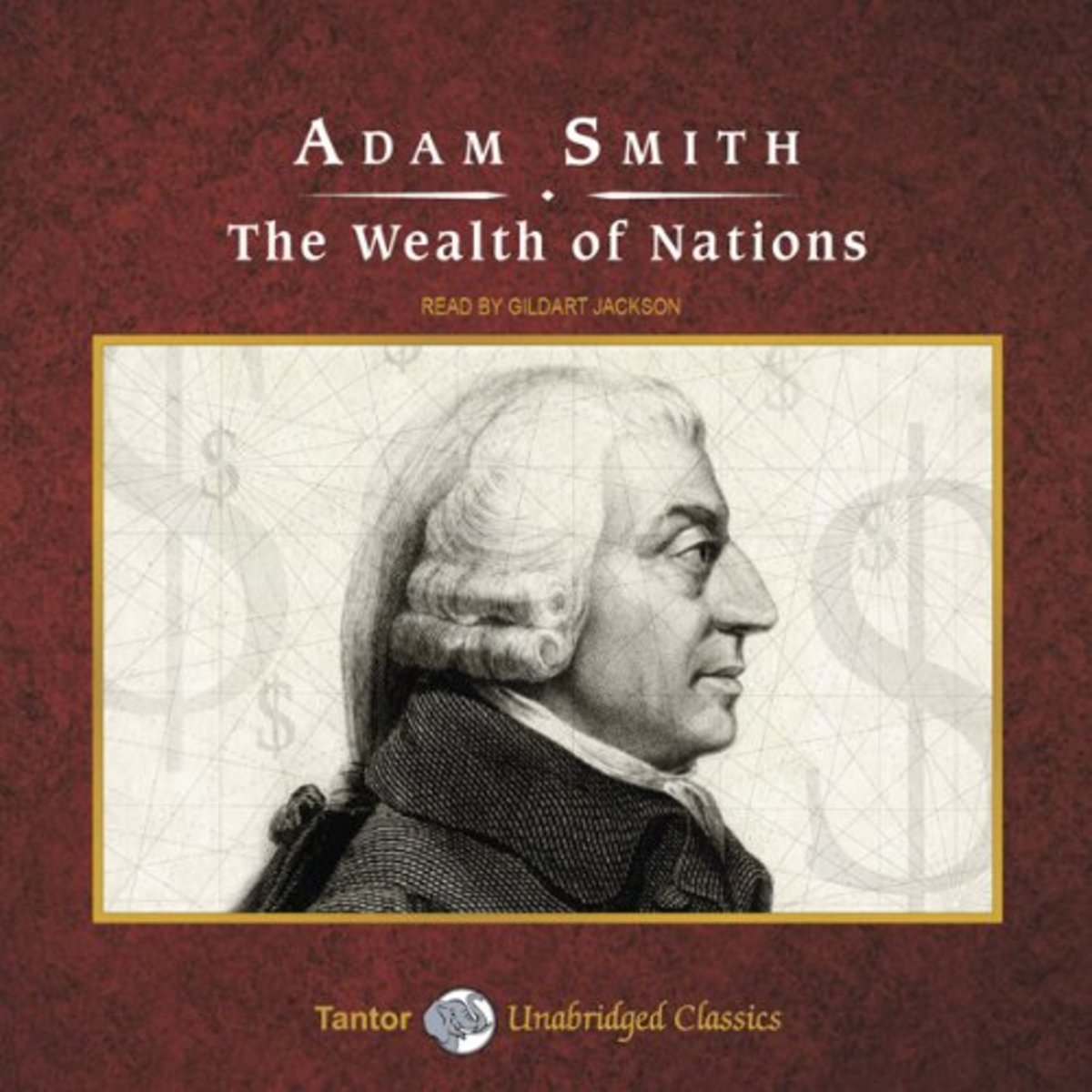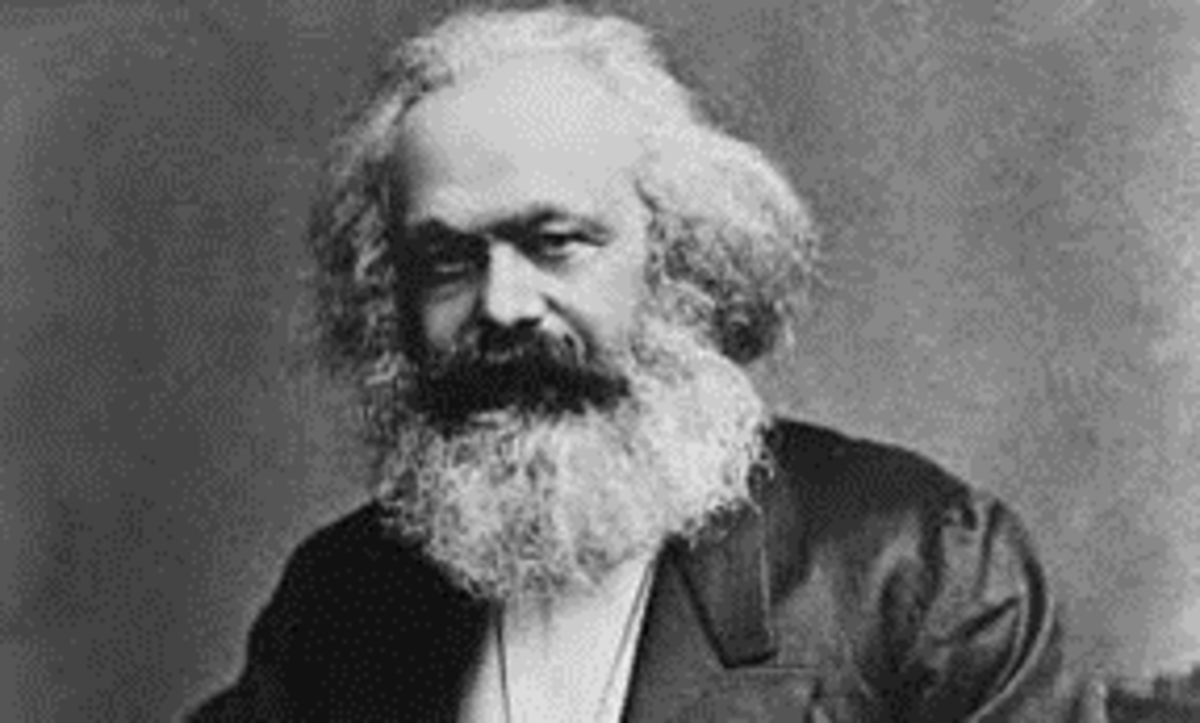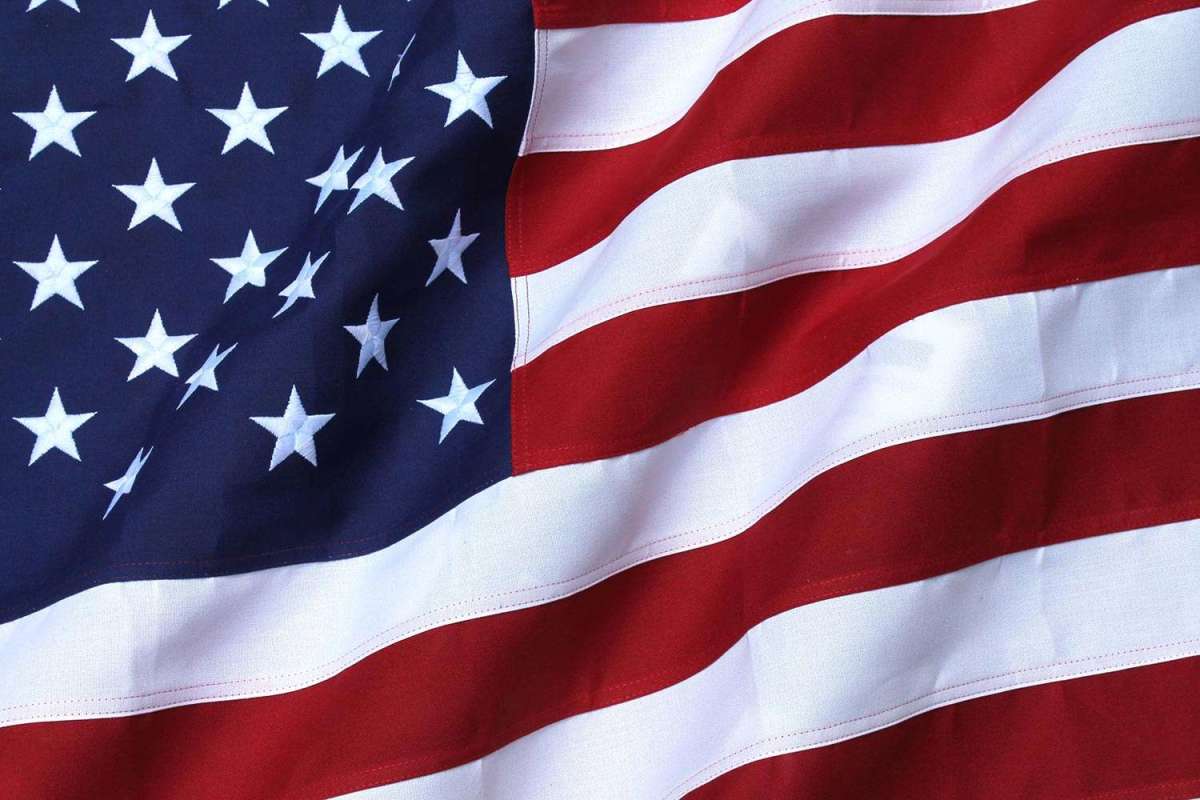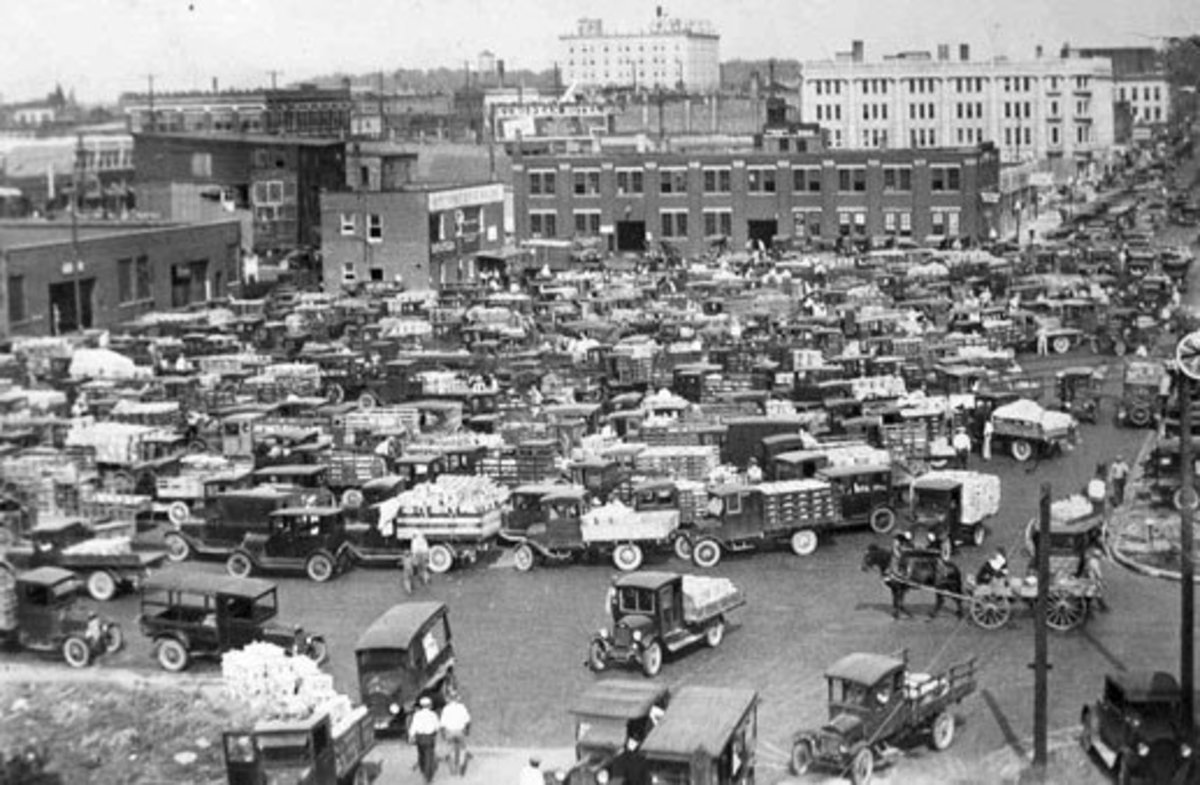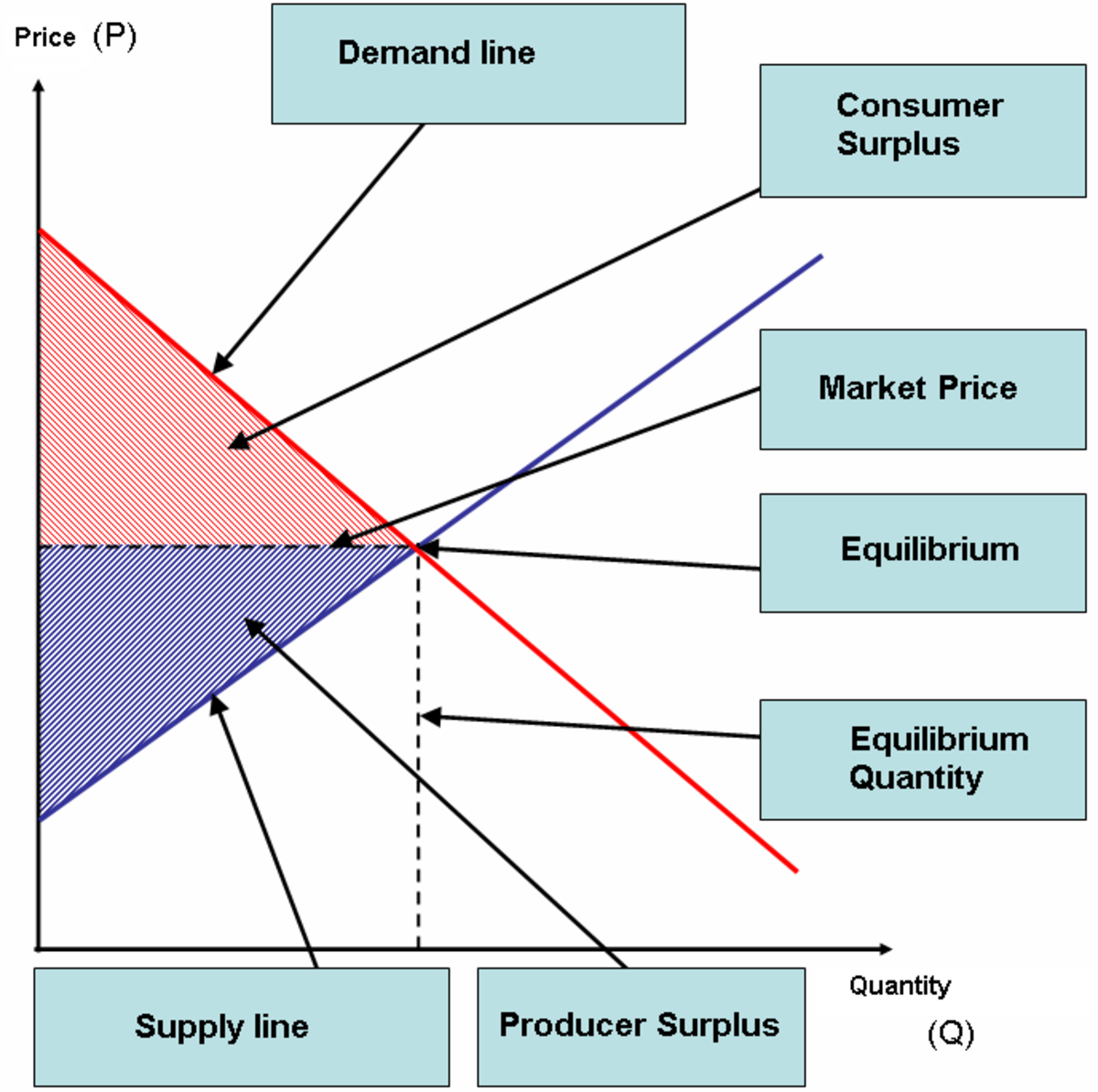Can Capitalism Survive?
A Symbol of Capitalism
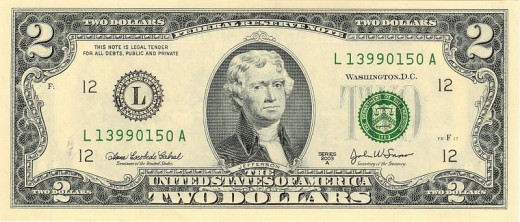
An Ever Lingering Presence
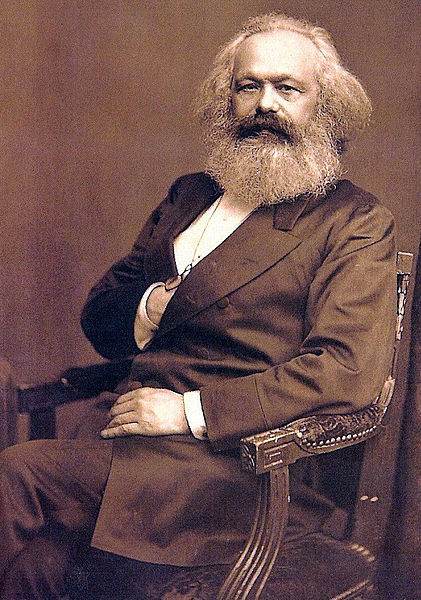
The Plight Of The Many
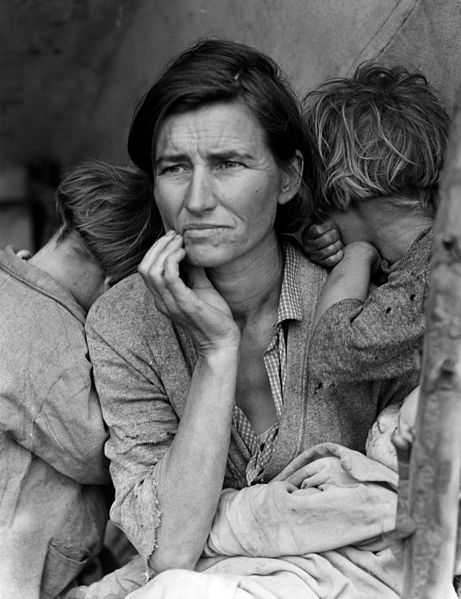
More On The Bretton Woods Conference
- Bretton Woods system - Wikipedia, the free encyclopedia
An indepth article on the conference and the financial system it created. Includes links to the original documents drawn up during the conference.
An Introduction To The Bretton Woods Financial System
The Ghost Of Marx
It may be 130 years since the death of revolutionary socialist Karl Marx, but his ghost haunts anyone who believes in the so called supremacy and wisdom of the human system of economic organisation referred to as capitalism. Marx believed it to be merely a necessary historical phase which would one day slide away and be replaced by an altogether fairer society.
Nearly 100 years after he published ‘The Communist Manifesto,’ in the latter stages of World War II, the first few weeks of July 1944 to be more precise more than 700 bankers, representing the 44 nations allied against Hitler’s Germany, met in secret at Bretton Woods, deep in the forests of New Hampshire. Their goal was to devise a robust financial system that would not only repair the damage done by two devastating World Wars but would minimise the risk of such conflicts ever happening again.
The bankers agreed on the two wars’ main causes. Industrialised nations had ignored the sacred mantra of free trade, as originally spelled out in the 18th century by renowned economist Adam Smith, and had instead engaged in a pernicious cycle of mercantile protectionism, exploiting their colonies as security for raw materials and consumer markets. A series of economic blocs had competed for global supremacy, leading inevitably to conflict, especially when times got tough.
The stock market crash of 1929, which led to a period now known as the Great Depression of the 1930s, was one such time. Instead of a global system of central banks co-ordinating rescue, each colonial empire was confined to the limits of its own trading system- such as the Sterling Area in the British Empire. If Britain was struck by a slump, its colonies suffered appalling hardships as the one-way flow of produce to the mother nation stalled. Workers in the factories of the industrialised motherland suffered too, since few consumers in its overseas markets could now afford to buy finished goods. Spiralling unemployment led to social unrest which could be settled only by massive state intervention, often implemented through rearmament programmes, potentially leading, as in Nazi Germany, to global war.
The Bretton Woods system was designed to prove Marx wrong. Capitalism was not doomed, but required a single global system that allowed the free flow of capital and goods without exchange controls and government taxes. In the changed conditions following two World Wars, imperialist nations that had previously relied on their colonies for economic strength were now encouraged to relinquish them and establish an international collaborative financial framework instead. Free trade agreements would allow Smith’s invisible hand of market forces to regulate the supply and demand of goods, taking away from individual nations the power of economic blackmail as well as the threat of being sunk without trace.
The Suffragette Movement In Britain
Changing Times
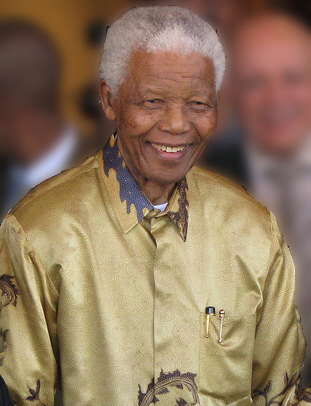
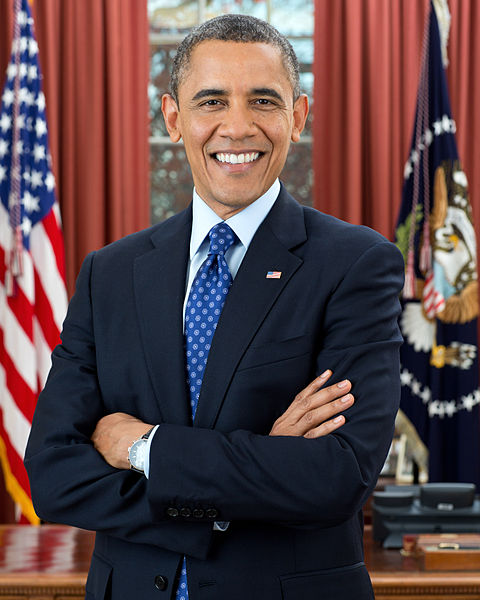
Charting The History Of The World Trade Organisation
The Cold War
- The Cold War
A detailed website charting the history of the Cold War, includes the causes of the war and a detailed chronology from 1945-1991.
Capitalist China
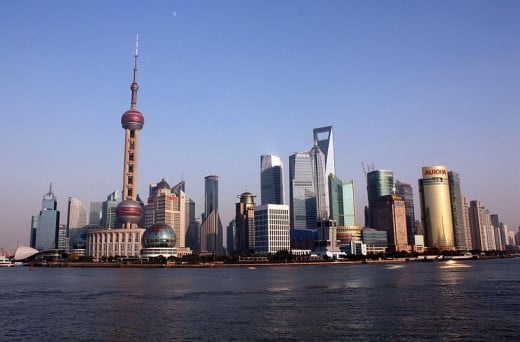
The Breakup Of The Soviet Union
Democracy, Welfare And Suffrage
It was also thought that governments should create a ‘safety net’ for the welfare of their citizens, providing payments in the event of unemployment, healthcare for the poor and state pensions for the elderly and infirm. Welfare states were designed to alleviate economic hardship sufficiently to eliminate the likelihood of French, Chinese, Russian or German style popular revolts. Further reforms included universal adult suffrage, adopted between the wars by countries like Britain, which, after protracted lobbying by suffragettes, extended the right to vote to all women over the age of twenty one in 1928. The huge nation of India followed in 1950 after gaining its political independence. The voting rights of blacks was at last enforced in the United States following the Civil Rights Act of 1964 and women finally got the vote in Switzerland in 1971. South African blacks were eventually enfranchised after the racist apartheid system collapsed in 1994, and on the 20th January 2009 the United States inaugurated its first African American President, Barrack Obama.
During the sixty years since the end of the Second World War, free trade, welfare states and democratic governments underpinned by universal suffrage came to dominate the politics of much of the human world. The principles of capitalism and free trade were enshrined in a system of global exchange championed by the World Trade Organisation, established in 1995. By 2007 it had 123 nations as members, with most of the world’s remaining countries- including Russia, Libya, Iran, Iraq, Ethiopia, Algeria and Afghanistan- waiting to join.
The Soviet Union and China had not been party to the Bretton Woods Agreement. In October 1949 Mao Zedong’s People’s Republic of China declared itself a one-party state. The communists’ defeated political rivals, Chiang Kai-shek’s Kuomintang, fled to the small island of Taiwan, where they remain to this day, as capitalist converts firmly tied to the Western camp.
Between 1945 and 1991 China and the Soviet bloc confronted the capitalist West with closed, centrally managed systems backed up by massive armament programmes. Thanks to the doctrine of Mutually Assured Destruction (MAD), atomic weapons ultimately helped keep the peace between the ideologically divided communist East and the capitalist West during what was called the Cold War.
A number of flashpoints arose during this period that could have led to a global war. They include the Cuban Missile Crisis of 1962, the Korean War (1950-3), the Vietnam War (1964-75) and the Soviet invasion of Afghanistan (1979). But then, starting in 1985, the Soviet Union (USSR) began to disintegrate through economic stagnation, and its satellite countries in Eastern Europe and around the Baltic Sea (Lithuania, Latvia and Estonia) snatched at the greater political and social freedoms offered to them by reforming Soviet leader Mikhail Gorbachev. Following a failed coup in 1991 the Soviet empire finally collapsed as former republics declared their independence- in December 1991 fourteen out of the fifteen Soviet states signed the Alma Ata Protocol putting into effect the dissolution of the Soviet Union. On Christmas Day President Gorbachev resigned as President of the USSR, declaring the office extinct, and even Russia became a capitalist democracy of sorts. On the 1st May 2004 seven former Soviet bloc countries (Estonia, Latvia, Lithuania, Poland, the Czech Republic, Slovakia and Hungary) formally joined the European Union. Romania and Bulgaria joined later, on the 1st January 2007.
China remained a communist one party state. Economic reforms introduced by party leader Deng Xiaoping in 1978 have brought it increasingly within the capitalist system of commerce and trade, culminating in its accession to the World Trade Organisation in 2001. Communist China is modern capitalism’s biggest growth area. The Asian economies of China and India have an almost limitless supply of cheap manpower. As a result, they are now on a path to take over from the United States as the kingpins of global capitalism.
Meanwhile, the imperial powers of Europe let their former colonies go. Sometimes the process happened peacefully, sometimes not. It took years for some of the new countries to find their feet- especially those, like French-controlled Algeria, whose populations included thousands of settlers from the colonial motherland.
Scorched Earth
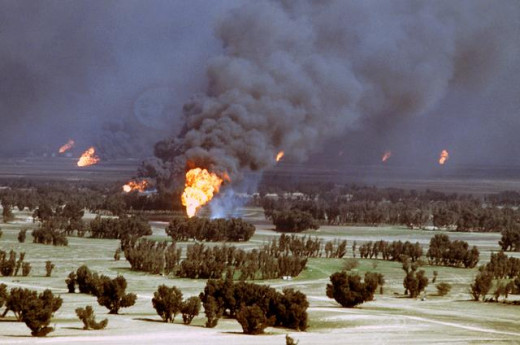
Why Oil Is Important?
- A World Without Oil: The Aftermath
Imagine if all the oil yet to be extracted from the ground suddenly disappeared, never to reappear again. How would we cope without the raw material that made the modern world possible. Would be able to find a suitable alternative fuel. Part one look - A World Without Oil: The Future
In Part 2, we explore how people would be able to cope without oil from a year hence to up to 40 years distant. What sort of alternatives would we use? Could we ever rebuild the modern world? What will our daily lives look like? Read on to find out..
Oil And Conflict
The Current Financial Crisis
- Financial crisis of 2007–08 - Wikipedia, the free encyclopedia
- Great Recession - Wikipedia, the free encyclopedia
Two Wikipedia articles that explain in full how the world came to be in the financial crisis that continues today, and is set to continue for the foreseeable future.
Oil And Extremism
Nations in the Middle East were transformed not only by political independence, but by the discovery beneath their deserts of huge reserves of crude oil.
In the 1930’s disaffected British diplomat Jack Philby handed the United States a precious gift, through his close friendship with Arab ruler Ibn Saud conquered the Muslim holy cities of Mecca and Medina, and formed a new kingdom which he named after himself- Saudi Arabia, recognised internationally by the Treaty of Jeddah on the 20th May 1927. Largely thanks to Philby’s influence, US oil companies were granted exclusive rights to prospect the Saudi desert for oil.
By 1938 their searches had borne fruit. Aramco, formed by the American oil industry to exploit the reserves of Saudi Arabia, soon became the largest oil company in the world. By 1950 its profits were so huge that Ibn Saud demanded a 50 per cent share, threatening to nationalise the firm. In the end the US government compensated Aramco’s shareholders by providing them with a tax break called the Golden Gimmick, equivalent to the amount siphoned off by the Saudi regime.
The oil money pouring into the Middle East transformed the influence of the region’s rulers, whose grip on power was backed up by their sponsorship of a strict form of Sunni Islam. Wahhabism was an eighteenth century reform movement, founded by Muhammad ibn Abd-al-Wahhab that sought to purify Islam. It was subsequently adopted by the House of Saud, which had historically ruled the region of Najd in central Arabia, where Wahhabism first took hold.
Backed with money from the oil-hungry West and with tight control of Islam’s holiest cities, this creed spread quickly through the region via religious schools, newspapers and outreach organisations. When Western powers created the State of Israel in 1947, carved out of Palestinian lands where the majority of the existing population were Muslims, a potent mix of Islamism and anti-Western sentiment exacerbated by the long standing hostility between the Jewish and other Middle Eastern peoples that had its origins back in the pre-Christian world. Racial war, bitter hatred and international terrorism still pour from this Middle Eastern conflict, which remains unresolved.
Between them, cheap Chinese labour and the rich oilfields of Arabia underpin today’s global economy. They demonstrate that capitalism has no intrinsic requirement for democracy, despite some of its leading advocates declaring otherwise.
The desire for personal enrichment through the never-ending acquisition of material possessions- which Marx called ‘commodity fetishism’- has, since the end of the Second World War, provided a common incentive for people to collaborate in business regardless of colour, politics, race or creed. Capitalism has proved remarkably robust. Despite a succession of crises such as the Middle Eastern oil shock of 1973, the Latin American debt crisis (1981-94), the great global stock market crash of 1987, the East Asian financial meltdown of 1997 and the hedge-fund crisis of 1998, the scheme of central bank interventions first proposed by the Bretton Woods bankers in 1944 has managed to recalibrate and rebalance the global economic system to keep underlying growth on track. Until 2008 the United States had avoided serious recession, with only two brief interruptions in 1987 and 2000, leading some politicians to claim that the traditional capitalist boom-and-bust cycle, one of Marx’s main criticisms of the system, had finally been put to rest thanks to modern economic management.
However, the ‘credit crunch’ that began in the summer of 2007 has caused such optimists to reappraise their faith in free markets. Without massive central government intervention in many of the world’s leading economies, including the US and Britain, the capitalist financial system would have completely collapsed during 2008. As a result, many of the world’s biggest banks either went bankrupt or were taken over by taxpayers.
Advocates Of Free Trade
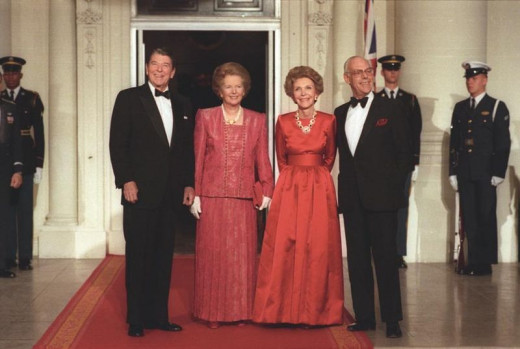
Terror Attacks
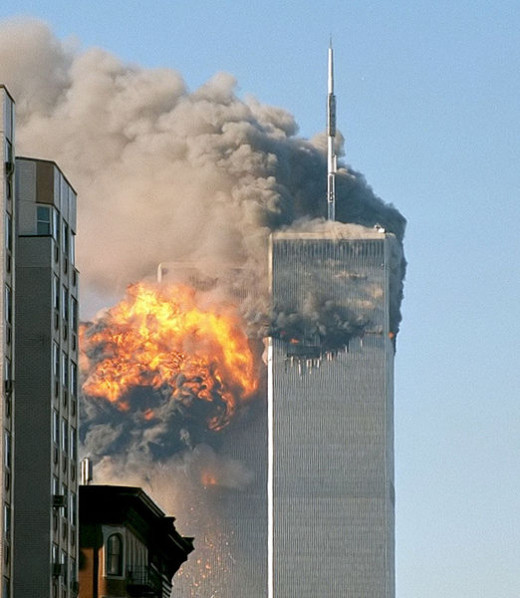
Can Capitalism Survive? What Do You Think?
Will the Capitalist economy survive, or is it living on borrowed time?
Anti-Capitalists Fight Back
Unfortunately, the system of free trade, proudly trumpeted by advocates such as Ronald Regan and Margaret Thatcher, has proved in reality to be far from free. Massive subsidies for farmers in Europe under the EU Common Agricultural Policy (CAP), introduced in 1958, meant that the playing field was uneven. Poor countries in Africa, whose economies had been shaped by their colonial past, depended on income from food exports to feed their own people. But the rich countries artificially depressed prices through subsidies and import taxes, claiming that they had to do so to protect the livelihoods of their own farmers.
Mountains of European butter, lakes of wine and stocks of cheese and grain that far exceeded what Europe itself could consume were dumped at rock-bottom prices, putting Third World farmers out of business. Although many of these market abuses have since been addressed they have left a deep legacy of mistrust. Lacking an industrialised base, many poor countries have been forced to borrow funds from First World banks. Unable to pay back their loans, they have been caught in a vicious spiral of dependency. To add to their economic woes, many colonies won their political independence only for their governments to fall into the hands of corrupt, despotic rulers, who, with weapons sold to them by developed nations, greedily clung to power. Ethnic and tribal disputes have in many ex-colonies replaced the tyranny of arbitrary foreign rule.
These are some of the reasons why capitalism has failed to make amends for the colonialism of the past. Desperate people are resorting to desperate measures. While refugees flood from the barren wastes of places like the Democratic Republic of Congo and Somalia, terrorist groups recruit suicide bombers to their cause in the repressed oil-rich states of the Middle East. Fourteen of the nineteen terrorists who smashed three American airliners into the World Trade Centre in New York and the Pentagon in Washington on the 11th September 2001 came from Saudi Arabia. Their actions were an extreme example of a devastatingly effective new way of making desperate voices heard. The dramatic increase in international terrorism has largely been fuelled by the politics of envy, race and inequality, thus the spectre of Marx’s warnings lives on in the twenty-first century ‘War on Terror.’

